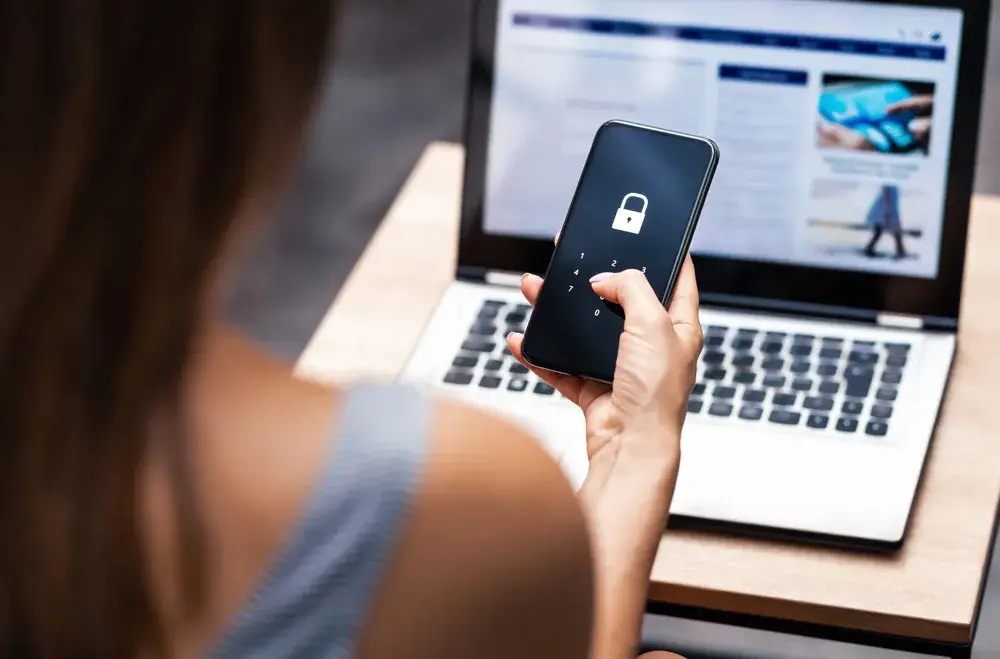Online fraud is on the rise in Malta — and it’s affecting people of all ages.
These scams are becoming more convincing — often impersonating people and organisations we rely on most, such as banks, tele-communication providers, and even government entities. That’s why we believe it’s crucial to speak openly about digital safety.
At 3CMalta, we regularly support individuals and families who may be more vulnerable to these tactics — and we want to make one thing absolutely clear:
3CMalta will never ask for your bank details, PIN, or login credentials via email, SMS, or phone — under any circumstances. If you ever receive a message claiming to be from us that asks for this kind of information, delete it immediately and contact us through official channels.
Cyber scams don’t just target the elderly — younger, tech-literate people fall for them too.
Modern scams are polished, professional-looking, and far more convincing than they used to be. And that’s exactly why it’s so important to stay informed.
What do these scams look like?
Scammers now use multiple channels to reach you:
- Emails that look like they’re from your bank or gov.mt
- SMS messages saying your account is blocked or needs verification
- Phone calls pretending to be from customer support or delivery companies
- Social media messages claiming you’ve won a prize
- Fake websites that copy logos, colours, and even use Maltese to seem more local
One common example: you receive a message claiming you’ve won a giveaway. It looks like it’s from a local supermarket or courier. But when you click the link, you’re asked for more than just contact info — they want your bank card details to “confirm” the win. Some of these links don’t just lead to fake websites — they may also try to download harmful software to your device or run malicious software if you click them.
Another serious tactic: the scammer calls pretending to be from your telecoms provider, saying there’s a technical issue. They ask you to install a “support” app. Once installed, this gives them full access to your phone — including banking apps, messages, and saved passwords.
Some victims are even locked out of their own devices.
What are these scams trying to do?
Most scams aim to do one or more of the following:
- Impersonate someone you trust — like your bank, phone company, or a friend
- Trick you into giving away personal data — such as passwords, ID numbers, or codes sent to your phone
- Get direct access to your money or accounts — through bank details, card info, or remote control of your device
If you remember these three goals, you’ll spot many scams before they catch you.
How to protect yourself and your family
Do not share your passwords with anyone — not even people you know or trust in your daily life.
Just like you wouldn’t give your bank PIN to a shop assistant, you shouldn’t share your login details — even with people close to you. Carers and medical staff are there to support you, but they are not IT experts, and they should never be responsible for your private accounts or devices.
- Never share personal info
No real company will ask for your password, PIN, or full ID number by message or phone. Keep this information private — even from people you know well. - Be careful with links
If a message asks you to “click here” urgently, don’t. Visit the official site or app directly. - Use strong, unique passwords
Avoid reusing the same password. Use a mix of letters, numbers, and symbols. - Keep devices updated
Software updates fix security issues. Keep your phone, tablet, and computer current. - Confirm money requests — even from friends
If someone messages you asking for money or details, call them to confirm. Their account may have been hacked. - Don’t trust prize or giveaway messages
If you’re asked for card or bank details to “claim” a win, it’s a scam — no matter how real it looks. - Never install apps based on a phone call
If someone tells you to install an app to “fix” something, hang up and call the official company directly. - Talk about scams
Share examples with your family, especially older relatives. Awareness is your best defense.
Final thoughts
A few clear habits. Pausing before clicking, checking requests with someone you trust, and keeping passwords private — can go a long way. Let’s protect ourselves and our families, online and off.





